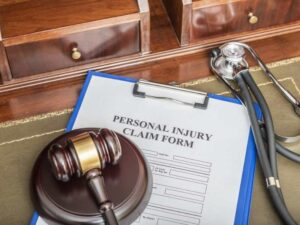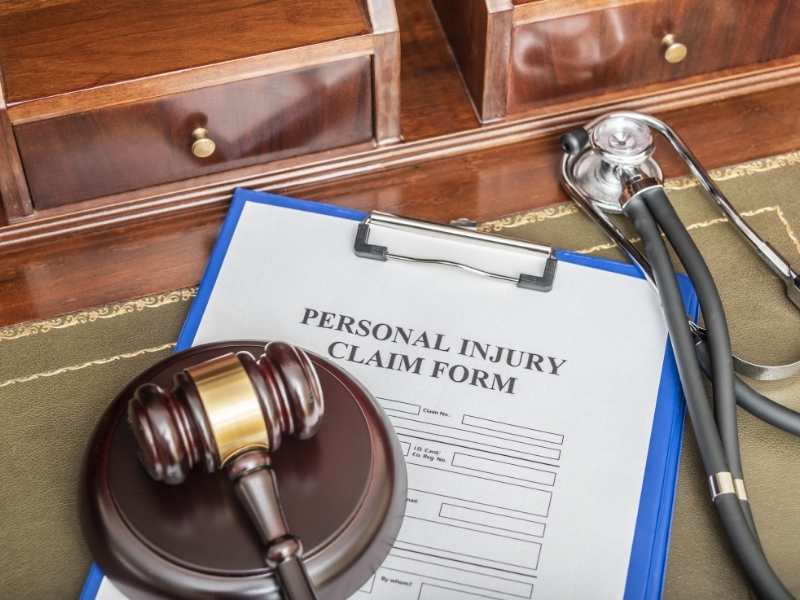What is Negligence?
What is Negligence? Negligence is a legal term that refers to the failure to exercise appropriate care under the circumstances, which results in injury or damage. Someone is negligent when they do something careless or unsafe, and this action results in injury or damage. The second type of negligence occurs when a person fails to do something they should have done, again leading to an injury or damage.

Need legal assistance?
The Four Elements of Negligence
Negligence is a failure to exercise appropriate care in a situation that results in injury or damage to others. This definition links Negligence to the concept of “duty of care,” a legal principle that requires people to take reasonable steps not to harm others through unreasonable actions, words, or omissions. There are four elements of negligence, so let’s review those.
1. Duty of Care
To prove negligence, you must prove that the defendant has a standard, or duty, of care to you. A duty of care is an obligation to keep you and other patrons safe by acting in a reasonable manner. For example, a concert venue has the duty of care to its concertgoers. The concert-goers should be safe from harm while at the venue. Other examples of duty of care are:
- Drivers have a duty to drive safely and obey laws.
- Nursing homes have a duty of care to keep their residents safe from slips, falls, medication errors, and more.
- A mall has the duty to keep its shoppers safe
2. Breach of Duty
Upon proving the defendant had a duty of care, you now must show that they breached that duty of care. A breach of duty of care will look different in every case, but a few examples are:
- The hallways in nursing homes weren’t clear of debris
- A venue had fault railings
- A driver ran a red light
3. Causation
In the next step, after you prove the defendant had breached their duty of care, you need to prove that the breach caused harm, injury, or even death. Again, this will look different for every case, but a few examples are:
- Running the red light caused an accident
- The nursing home hallway full of debris caused you to fall and break your hip
- People fell from a high spot at a venue and were injured
4. Damages
Now that your lawyer has proven their case, it’s time to discuss the damages and compensation. Damages you can go after are:
- Medical bills (past, present, future)
- Lost wages (past, present, future)
- Pain and suffering
- Property loss
- Loss of enjoyment of life
How Can a Personal Injury Or Premises Liability Lawyer Help Me?
A personal injury attorney in a negligence case will prove that there was negligence, and this negligence caused you great harm. Negligence cases can come from:
- car accidents
- slip-and-fall incidents
- product liability claims
- medical malpractice
- construction accidents
- and other sources.
A negligence lawyer may investigate the facts of the case, interview witnesses and clients, collect evidence, and negotiate with the other side to settle the point out of court. If the case goes to trial, the negligence lawyer may present evidence, call witnesses, and make an argument to the jury.






